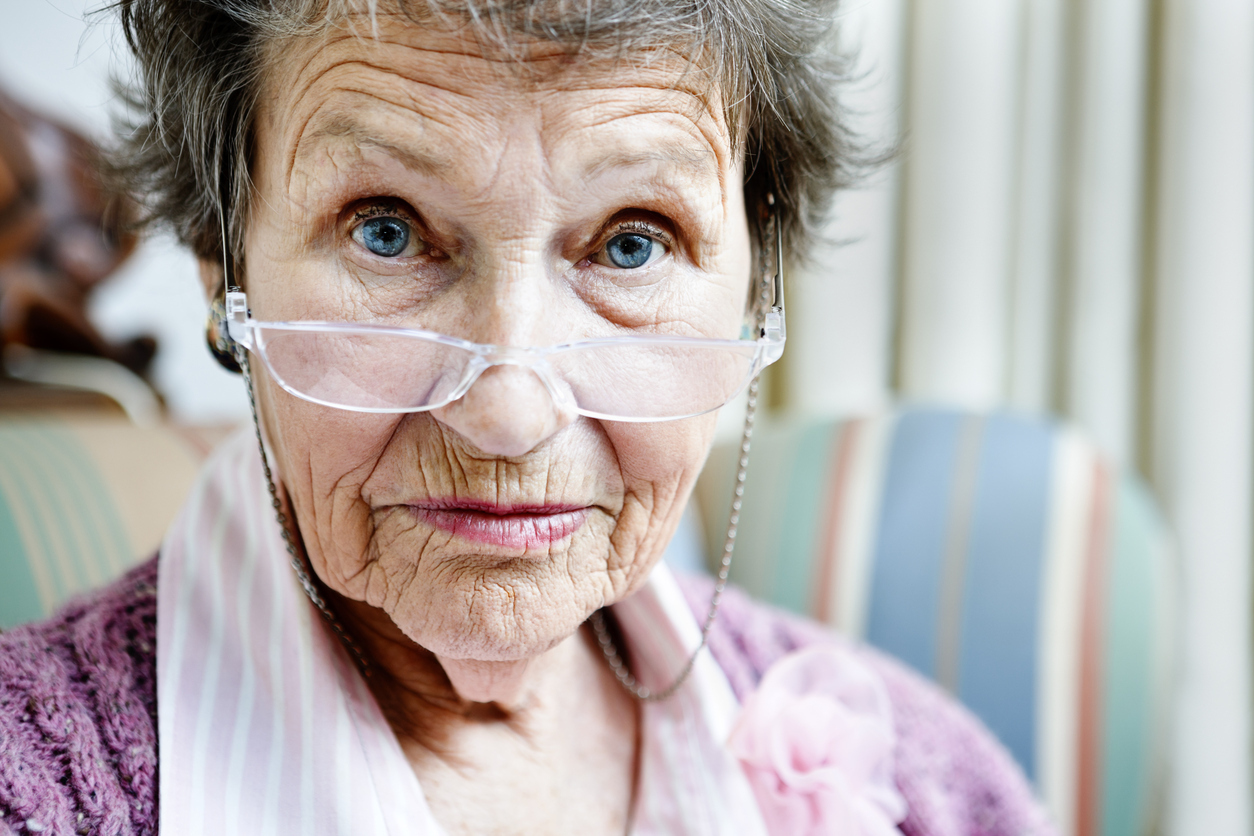Natural Changes That Occur During the Aging Process
Aging is a natural process that affects both the body and the mind. Understanding the physical and cognitive changes that occur with aging can help individuals and their loved ones prepare for the challenges and embrace the opportunities that come with growing older. While aging is inevitable, it is important to remember that not all changes are negative, and many older adults lead vibrant, fulfilling lives well into their senior years.
1. Physical Changes in Aging
As people age, their bodies undergo a variety of changes. These changes can affect appearance, mobility, and overall health, though the extent and rate of these changes vary from person to person.
A. Changes in Appearance
- Skin: Skin becomes thinner, less elastic, and more prone to wrinkles and dryness. Age spots and skin tags may also appear due to sun exposure and reduced collagen production.
- Hair: Hair tends to thin and lose pigmentation, leading to graying. In some individuals, hair loss may occur, particularly in men.
- Posture and height: With aging, people may lose some height due to the compression of spinal discs and weakening of muscles, which can lead to changes in posture.
B. Muscle and Bone Health
- Muscle mass and strength: Sarcopenia, the gradual loss of muscle mass, is common with aging, leading to decreased strength and physical endurance. Regular physical activity, especially strength training, can help mitigate these effects.
- Bone density: Bones naturally lose density over time, increasing the risk of osteoporosis and fractures, especially in women after menopause. Calcium and vitamin D intake, along with weight-bearing exercises, can help maintain bone health.
- Joints: Cartilage in joints tends to wear down over time, leading to stiffness, reduced flexibility, and conditions like osteoarthritis.
C. Cardiovascular System
- Heart health: The heart may become less efficient at pumping blood as it ages, and blood vessels may lose some elasticity, leading to higher blood pressure. Regular aerobic exercise can help keep the heart strong and reduce cardiovascular risks.
- Circulation: Poor circulation can lead to symptoms like cold hands and feet or varicose veins. It can also increase the risk of blood clots and heart disease.
D. Digestive System
- Slower metabolism: Metabolism tends to slow down with age, making it easier to gain weight and harder to lose it. Proper nutrition and regular exercise are key to maintaining a healthy weight.
- Constipation: Changes in the digestive system, along with certain medications, can lead to constipation. A diet high in fiber, plenty of water, and regular physical activity can help keep the digestive system functioning properly.
E. Sensory Changes
- Vision: Vision changes are common, including presbyopia (difficulty focusing on close objects), cataracts (clouding of the lens), and glaucoma or macular degeneration, which can affect peripheral vision or cause central vision loss.
- Hearing: Many older adults experience hearing loss, especially for higher-pitched sounds. This condition, known as presbycusis, can make conversations difficult, particularly in noisy environments.
- Taste and smell: A reduced sense of taste and smell is common with aging, which can impact appetite and nutrition.
- Touch and sensation: Sensitivity to pain, temperature, and touch may decrease, which can raise safety concerns, such as an increased risk of burns or frostbite.
2. Cognitive Changes in Aging
While aging does bring about some cognitive changes, these are not always severe, and many older adults maintain high levels of cognitive functioning. However, understanding the typical cognitive changes associated with aging can help in recognizing what is normal and what may be cause for concern.
A. Normal Cognitive Aging
- Slower processing speed: As people age, they may notice that they process information more slowly. This is a normal part of aging and doesn’t necessarily mean that cognitive abilities are declining.
- Mild memory lapses: Occasional forgetfulness, such as misplacing keys or forgetting a name, is normal in aging. However, these lapses don’t significantly impact daily functioning.
- Multitasking difficulty: Older adults may find it harder to multitask or switch between tasks. Focusing on one task at a time can help mitigate this challenge.
- Word-finding difficulties: It’s common for older adults to occasionally struggle to find the right word during conversations, but this usually doesn’t interfere with communication.
B. Cognitive Decline and Dementia
While some cognitive slowing is normal, significant cognitive decline is not. Cognitive decline that interferes with daily life could be a sign of a more serious condition, such as dementia.
- Mild Cognitive Impairment (MCI): MCI is an intermediate stage between normal aging and dementia. People with MCI experience more noticeable memory problems, but they can still function independently. Some individuals with MCI progress to dementia, while others do not.
- Dementia: Dementia is a more severe decline in cognitive function that affects memory, thinking, and the ability to carry out daily activities.
There are several types of dementia:
- Alzheimer’s disease: The most common form of dementia, characterized by memory loss, confusion, and difficulty with reasoning and problem-solving.
- Vascular dementia: Caused by reduced blood flow to the brain, often after a stroke, leading to cognitive impairment.
- Lewy body dementia: Involves abnormal deposits of proteins (Lewy bodies) in the brain, leading to changes in cognition, movement, and sleep.
- Frontotemporal dementia: Affects the frontal and temporal lobes of the brain, leading to changes in personality, behavior, and language.
C. Maintaining Cognitive Health
There are several strategies that older adults can adopt to maintain cognitive health and reduce the risk of cognitive decline:
- Mental stimulation: Engaging in activities that challenge the brain, such as puzzles, reading, learning new skills, or playing musical instruments, can help maintain cognitive function.
- Physical exercise: Regular physical activity, especially aerobic exercises, has been shown to improve cognitive function and reduce the risk of dementia.
- Social engagement: Staying socially active and connected with family, friends, and the community can help protect against cognitive decline.
- Healthy diet: A diet rich in fruits, vegetables, whole grains, lean proteins, and healthy fats (such as the Mediterranean diet) is associated with better brain health.
- Quality sleep: Adequate and restful sleep is essential for memory consolidation and cognitive health.
- Stress management: Chronic stress can negatively impact cognitive health, so practicing relaxation techniques such as mindfulness, yoga, or meditation can be beneficial.
3. Psychological and Emotional Changes
Aging can also bring about psychological and emotional changes, both positive and challenging:
- Emotional resilience: Many older adults report feeling more emotionally resilient and accepting of life’s challenges as they age. Wisdom, emotional stability, and increased empathy are common.
- Depression and anxiety: Some older adults may experience depression or anxiety, especially if they face isolation, loss of loved ones, or health challenges. It’s important to recognize the signs of depression and seek support when needed.
- Life satisfaction: Despite physical and cognitive changes, many older adults report high levels of life satisfaction, often focusing on meaningful relationships, hobbies, and personal achievements.
4. Promoting Healthy Aging
While aging is inevitable, there are several ways to promote healthy aging and improve quality of life:
- Regular physical activity: Exercise helps maintain physical strength, flexibility, and cardiovascular health, and it can also improve mood and cognitive function.
- Healthy eating: A balanced diet rich in nutrients supports overall health and can reduce the risk of chronic diseases like heart disease, diabetes, and dementia.
- Regular health screenings: Routine check-ups and screenings can help detect and manage age-related conditions like high blood pressure, diabetes, or vision and hearing loss.
- Staying connected: Maintaining social connections with family, friends, and the community helps reduce loneliness and promotes emotional well-being.
- Lifelong learning: Continuing to challenge the brain through new learning experiences keeps the mind sharp and engaged.

